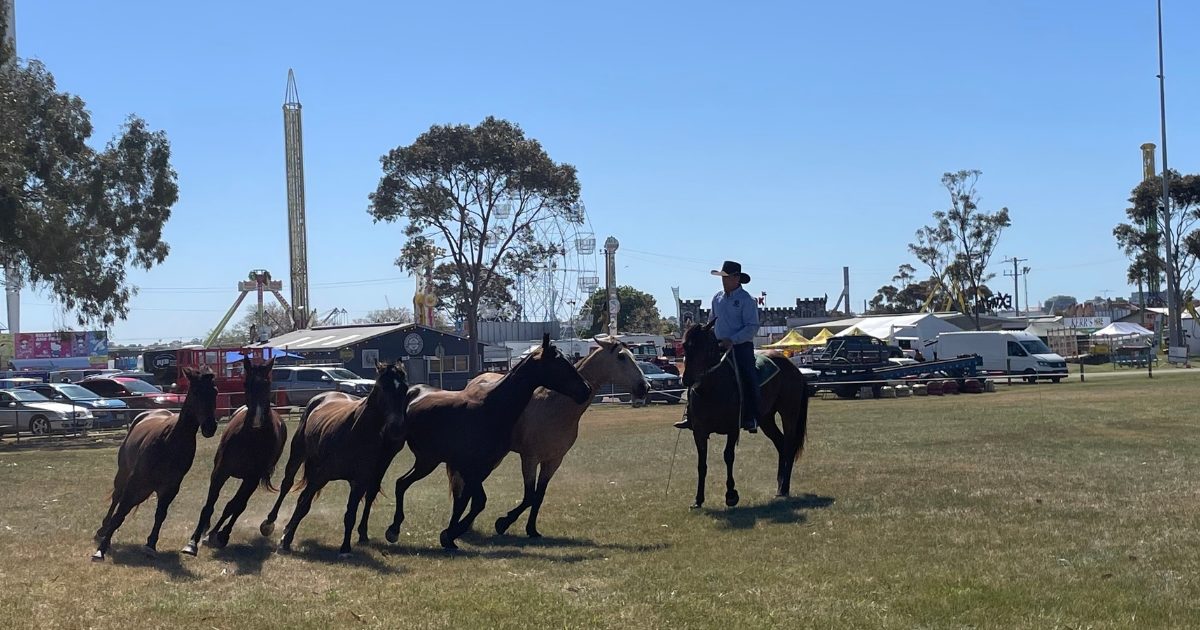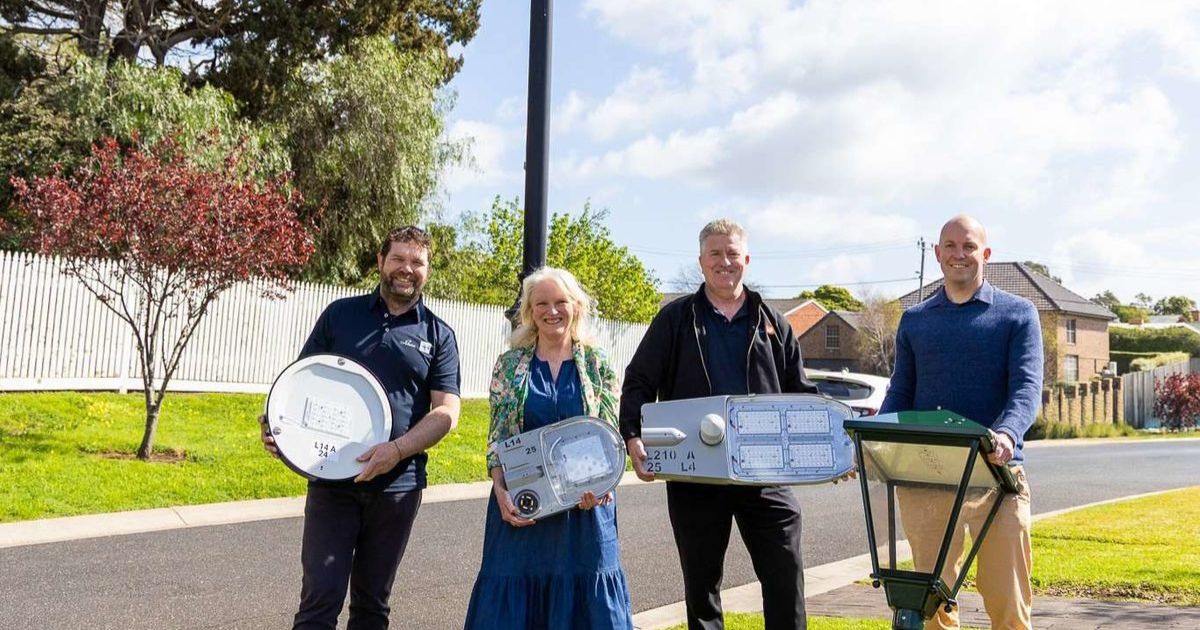Blue carbon project aims to help save Great Barrier Reef

The Deakin University project will identify blue carbon opportunities in the Great Barrier Reef catchment.
A PROJECT led by Deakin University will soon begin mapping Queensland’s blue carbon resources to provide scientists with a new weapon in the fight to help save the Great Barrier Reef.
Deakin Associate Professor in Marine Science Peter Macreadie, director of the university’s Blue Carbon Lab, said the project, funded by the Queensland Government’s Land Restoration Fund, will reveal for the first time the full scale of the state’s blue carbon farming opportunities.
“The project will identify how many tonnes of carbon dioxide could be offset each year by coastal blue carbon systems and where along the Great Barrier Reef catchment area those opportunities exist.
“A key output of the project will be the ‘Blue Carbon Restoration Heat Map 1.0’, a user-friendly map of Queensland’s land area that shows where carbon farming opportunities are located.”
Blue carbon is the carbon stored in coastal and marine ecosystems.
When protected or restored, blue carbon ecosystems can offset carbon emissions and fight climate change by capturing and storing carbon.
When degraded or destroyed, these ecosystems emit the carbon stored for centuries back into the atmosphere and oceans, becoming sources of greenhouse gases.
“As well as helping mitigate climate change, coastal wetlands – such as mangrove forests and tidal marshes – are champions when it comes to catching sediment runoff and improving water quality for the Reef itself,” Associate Professor Macreadie said.
Deakin’s Blue Carbon Lab is partially based at the Queenscliff Marine Science Centre and is an award-winning, multi-disciplinary research team focused on understanding and responding to impacts of global change on freshwater, coastal and ocean ecosystems. Associate Professor Macreadie said the new project would work to build understanding of Queensland’s blue carbon future, feeding into a much larger, multi-year series of programs that will help expand carbon farming in Queensland through the development of a blue carbon market.
“This project will help put Queensland at the forefront of international efforts to incorporate coastal carbon within carbon dioxide mitigation strategies, helping to mitigate climate change, while improving water quality, enhancing natural capital, and contributing to jobs and economic growth.”

















